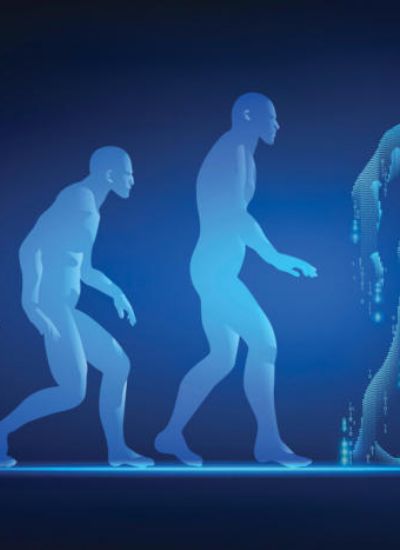Password Manager Review - No More Lost or Forgotten Passwords!
Every day Internet users have to create and enter to multiple web accounts.
It's OK if you have to remember two or three different passwords, but what if you have to remember 10 or more.
This can be a great problem because you may even forget which password belongs to which account.
And as the number of used passwords grows over time, so does user confusion.
However, you can avoid most, if not all, of the password related problems by using a simple password manager - the program which helps you keep and effectively manage all your Internet passwords.
This password manager review is intended to help you choose the best piece of password software out of the many solutions which are currently on the market.
In this review, I am not going to describe each and every program out there, but rather give you a hint on what kind of functionality a good password manager should have.
Let's start with solving particular password related problems.
Number one is forgotten password.
It's a real catastrophe when you can't enter to your account because you simply aren't able to remember the word! So how does a password manager help you solve this problem? A good password manager saves your passwords to a database.
So whenever you need to enter to an account, it automatically fills in the login and password fields.
It's a great way to avoid having to remember passwords.
You may argue that any modern browser can do that too.
Yes, it can, but if you allow your browser to remember you password, technically you allow anyone who has access to your machine to enter to your account without your permission.
Unlike a browser, password manger saves your data to a secure database protected with your master password.
Once you've finished your work, you lock the database, and you can leave your browser open.
Nobody will be able to access your accounts anyway.
Another useful feature is the ability to create strong passwords.
Man-made passwords have a major flaw of being weak and easy to crack because human language has a high level of predictability.
On the contrary, machine-made passwords are much stronger because they consist of a random combination of letters and digits thus being harder to crack.
So it is a must-have feature for any good password manager.
Still another feature that a good password manager should have is structuralized password storage.
It is good if your passwords are grouped into categories such as passwords for email accounts, passwords for online shopping accounts etc.
This provides the quickest way to access your accounts on the web, and you always know where to find each particular password.
Now imagine you go to an Internet café or to a friend's house where you don't have access to your password storage database.
In this case a good password manager allows storing your password database on an email server from which you can download it and use on any computer.
It's OK if you have to remember two or three different passwords, but what if you have to remember 10 or more.
This can be a great problem because you may even forget which password belongs to which account.
And as the number of used passwords grows over time, so does user confusion.
However, you can avoid most, if not all, of the password related problems by using a simple password manager - the program which helps you keep and effectively manage all your Internet passwords.
This password manager review is intended to help you choose the best piece of password software out of the many solutions which are currently on the market.
In this review, I am not going to describe each and every program out there, but rather give you a hint on what kind of functionality a good password manager should have.
Let's start with solving particular password related problems.
Number one is forgotten password.
It's a real catastrophe when you can't enter to your account because you simply aren't able to remember the word! So how does a password manager help you solve this problem? A good password manager saves your passwords to a database.
So whenever you need to enter to an account, it automatically fills in the login and password fields.
It's a great way to avoid having to remember passwords.
You may argue that any modern browser can do that too.
Yes, it can, but if you allow your browser to remember you password, technically you allow anyone who has access to your machine to enter to your account without your permission.
Unlike a browser, password manger saves your data to a secure database protected with your master password.
Once you've finished your work, you lock the database, and you can leave your browser open.
Nobody will be able to access your accounts anyway.
Another useful feature is the ability to create strong passwords.
Man-made passwords have a major flaw of being weak and easy to crack because human language has a high level of predictability.
On the contrary, machine-made passwords are much stronger because they consist of a random combination of letters and digits thus being harder to crack.
So it is a must-have feature for any good password manager.
Still another feature that a good password manager should have is structuralized password storage.
It is good if your passwords are grouped into categories such as passwords for email accounts, passwords for online shopping accounts etc.
This provides the quickest way to access your accounts on the web, and you always know where to find each particular password.
Now imagine you go to an Internet café or to a friend's house where you don't have access to your password storage database.
In this case a good password manager allows storing your password database on an email server from which you can download it and use on any computer.



















